Combatting Teen Dating Violence Through Emotional Intelligence
“I didn’t know how to stop,” said my friend Ben (age 15) over coffee at a local restaurant in mid-winter. Recounting an event that involved his obsessive texting of a girl he was interested in in eighth grade, Ben said, “I didn’t realize until later that I was harassing her.”
Ben’s story is a common one, since phones allow teens to engage in behaviors they would shy away from in person. Like Ben, there is less awareness of the impact of an action when there is no immediate consequence as far as verbal response or body cues.
Most adults working with teens view screen time as problematic. Study after study indicates the social/emotional impairment resulting from excessive screen use. The academic journal, The Conversation (Sept. 21, 2023) reports:
“A Beyond Blue survey of more than 2,000 teachers identified mental ill-health and excessive screen time as the biggest problems facing their students. Comments from teachers revealed a perceived lack of social skill development in children and teens. As one wellbeing specialist said, young people: are not learning social awareness. They’re not learning how to read emotions. They’re not learning body language.”
The impact of this impairment affects personal safety as well as relationship success. Another male student (16) told me about an interaction he had with an older woman who was essentially grooming him:
“She started off friendly when she talked to me, but kept moving closer and closer. Then she started saying things I knew were inappropriate. I was so uncomfortable, but I didn’t know what to say. I didn’t want to be rude.”
How do we respond to increased assault and harassment among teens? How do we equip them with the skills needed to defend their safety when threatened? By helping them build the trait that is most likely to ensure their relational success: Emotional Intelligence.
Reading body language, identifying emotional responses and communication are crucial aspects of emotional intelligence. Teens on screens might not change any time soon, but we can soften the impact by building the social/emotional skills they need in reacting to difficult scenarios.
What is Emotional Intelligence?
“The capacity to be aware of, control, and express one's emotions, and to handle interpersonal relationships judiciously and empathetically. Emotional intelligence is the key to both personal and professional success."
Another of my students, a 12-year old girl, reported that requests for nude pictures were a weekly reality for she and her friends. “It’s just a normal part of middle school,” she said. “It happens to all my friends too. I just block them and ignore it.”
Screens allow for these types of behaviors to continue unchecked. With minimal reporting and the belief that they are a “normal” part of the school experience, young people of all genders are exhibiting behaviors that would likely never be considered were it not for the protection of a screen.
“Social media further inhibits perspective-taking by operating as an echo chamber, where a teen’s beliefs, interests and ideas are assessed via algorithms and parroted back to them. Rarely is an alternative idea or perspective presented, and, when it is, a teen with already impaired social-communication skills may react with anxiety instead of interest and curiosity.” (The Conversation, 9/21/23)
The 2025 theme for Teen Dating Violence Awareness Month (TDVAM), selected by the love is respect Youth Council, is “Respect That.” The theme highlights the importance of treating partners with dignity, listening to their viewpoints, respecting their boundaries, and valuing their autonomy by focusing on “respect.”
Respect begins and ends with an understanding of oneself, and a willingness to understand others.
Self-knowledge is one of the primary goals of the BSBW Youth Course. Believing that each teenager is the expert of their own lived experience, our curriculum supports that expertise by providing a pathway of self-discovery. Since young people are naturally interested in themselves, this is not a hard path to encourage. It just takes asking the right questions.
Here are reflective questions that enhance mutual respect and allow teens to think beyond their screens:
What would you want a potential romantic partner to know about you as a person (beyond your physical self)?
What kinds of activities would you want to do together that have nothing to do with sex?
Have you ever had anyone come on too strong over text without trying to connect with you in person? How did it make you feel?
What helps you build trust when meeting someone new (either a friend or a romantic interest)?
Do you feel confident that you know how to get to know someone by asking them questions about themselves?
Have you ever dated anyone with very different opinions than you? How did you both learn how to respect those differences in order to better understand each other?
If someone is making you uncomfortable, are you willing to stick up for yourself? If yes, what would you say or do in the moment?
Do you consider yourself good at reading body language in other people, especially romantic partners? If yes, how did you build that skill?
At BSBW we consider it a privilege to cultivate the inherent dignity in each young person. Given the content teens are confronted with each day, there is even more reason to introduce the skills that help them manage it, as well as support their wellbeing in relationships.
For more information about how to support the youth in your life, go to: https://www.bestrongbewise.com/curriculum

